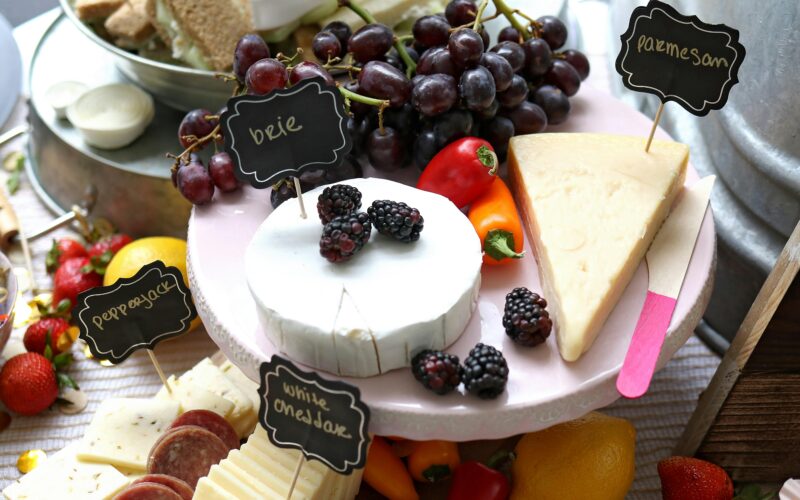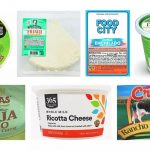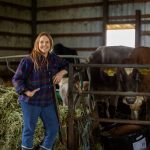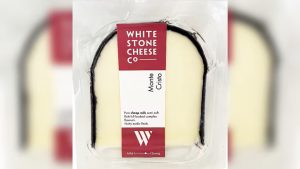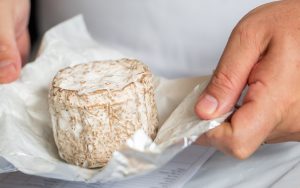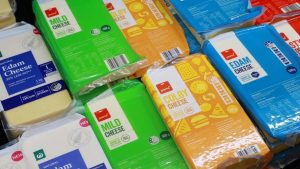
Artisan cheese losses signal loss of food variety, says sector.
The loss of several specialty cheesemakers in the past few years has sounded alarms in the sector and underscored concerns that New Zealand’s food landscape risks being dominated by fewer, larger food and house brands.
October is New Zealand cheese month, with the New Zealand Specialty Cheesemakers’ Association (NZSCA) working to raise awareness about the variety of cheeses available from artisan producers.
However, NZSCA chair Simon Lamb of the Cranky Goat cheese company in Marlborough said the sector has lost a number of quality artisan producers in recent years.
“Over the last two years we would have lost about six companies. It is becoming increasingly expensive to be small in this industry.”
Those companies that have closed include Grinning Gecko cheese company in Whangārei, which shut last year, and Kaikoura Cheese. The high-profile Kaimai Cheese Company at Waharoa in Waikato had to close its doors post covid, having invested $20 million in restoring an old cheese factory site.
“The problem is who is not coming into the industry. These guys are leaving, but no one new is coming in to replace them,” said Lamb.
Last month high-profile boutique Wellington company Zany Zeus went into receivership, the second time after the company’s assets were purchased from an earlier receivership, in late 2019.
Lamb said while compliance costs are one issue hitting producers, it is more about producers needing more diverse market channels in a country dominated by large supermarket outlets.
“You can be a small producer, doing farmers markets, direct sales and maybe a couple of outlets. Then, do you go larger? There is a risk you go big, but not big enough.”
He said tough economic times are limiting households’ shopping lists, while freight costs on a chilled product like cheese have increased “astronomically”.
“So, you have artisan cheese makers promoting their cheeses well in their region, but they really struggle to get to a national level.”
He said there is a real risk overseas cheeses will come to dominate retail outlets, given they are now often the by-product of whey production so therefore cheaper to produce and ship here.
“Whereas for local cheese producers, just to get the milk to the point we do anything with it is $22/kg.”
Danish produced Castello cheese from dairy giant Arla has claimed the spot as this country’s No 1-selling specialty cheese.
Lamb’s concerns are echoed by Angela Clifford, CEO of small-scale food producers’ collective Eat New Zealand.
She pointed to grains, pork and cheese as all sectors facing a deluge of imported products, limiting brands and small producers’ ability to compete.
“For something like grains, it is an even bigger issue. If we do not support NZ sourced grain it will have an impact upon our breeding programmes, and we are a source of some of the highest quality grains in the world.”
She cited it as almost impossible to purchase genuinely NZ-grown pork at retail now. Like cheeses, retail chillers now often feature NZ-packaged and branded items that have imported product within them.
Fonterra’s Mainland brand feta, for example, is sourced in Denmark.
Small to medium food processors are innovative incubators that need to be encouraged in order to grow, she said.
“What is the future for our food and farmers if the only option is for commodity-type, single source buyers, dominated by supermarkets?
“There is no platform or support for small to medium food businesses in NZ.”
As an organisation, Eat New Zealand has been calling for a national food strategy.
“We have a food and grocery commission, but not a food commission.”
You can now read the most important #news on #eDairyNews #Whatsapp channels!!!
🇺🇸 eDairy News INGLÊS: https://whatsapp.com/channel/0029VaKsjzGDTkJyIN6hcP1K
